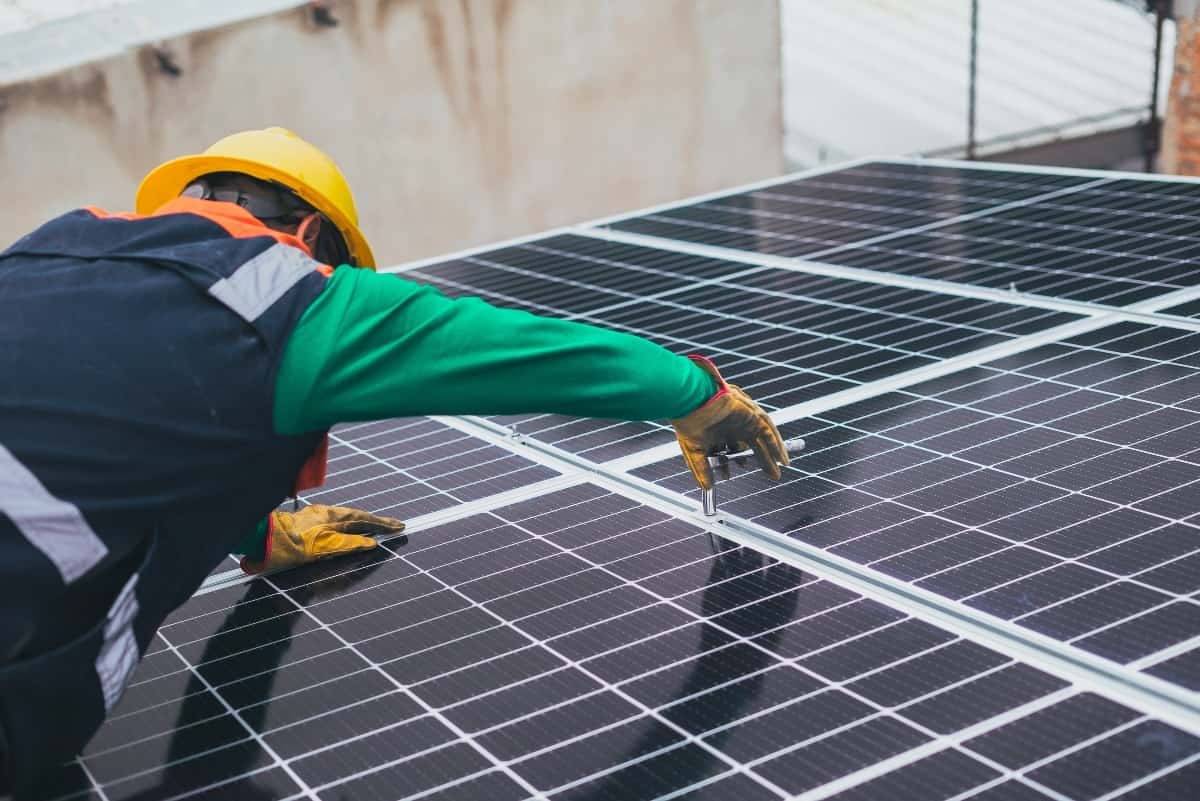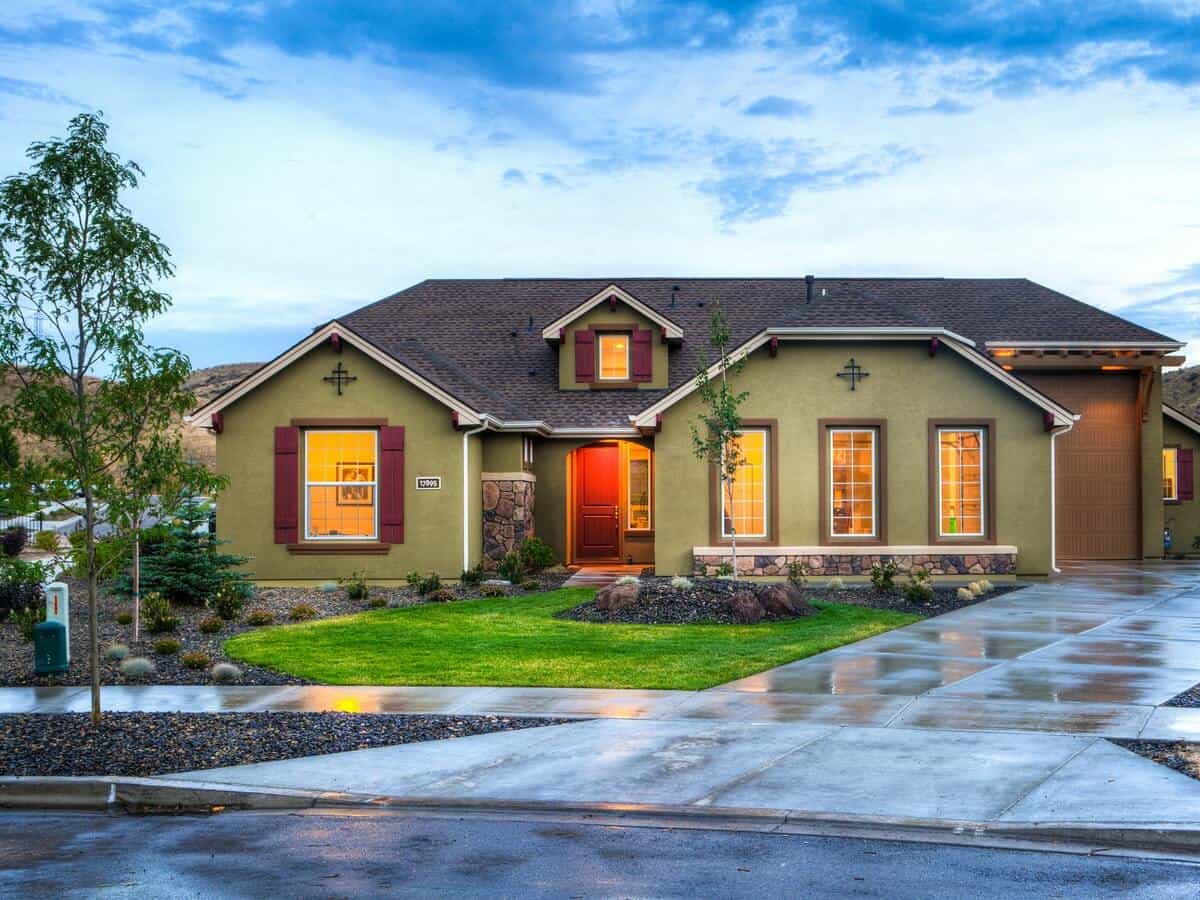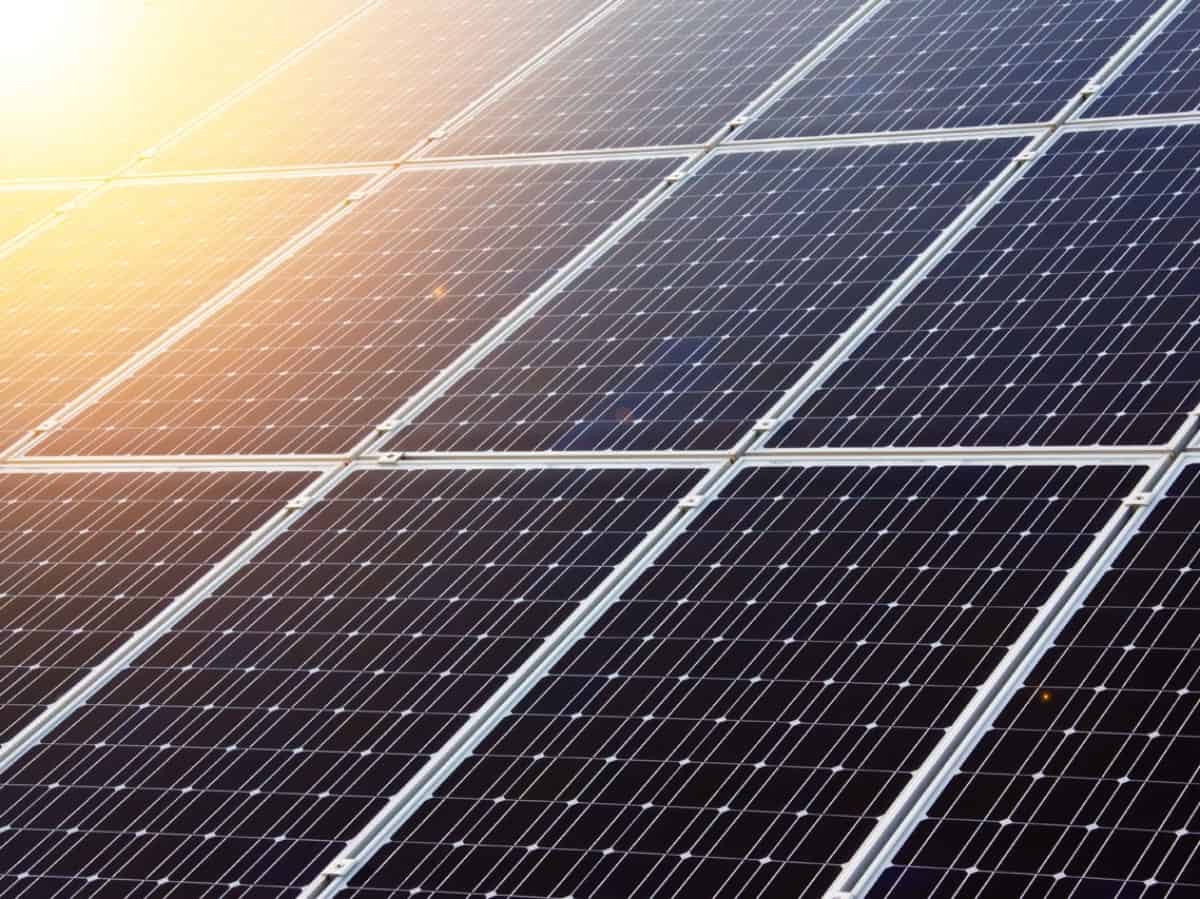Are you tired of the constant power outage in your home? Do you want to solve this problem with a solar generator for home backup? You’re not alone. Due to an increase in blackouts, the use of solar generators has tremendously increased, thus raising its cost.
According to Statista, the global solar generator market size projections for the 2017 to 2023 period are expected to reach 525 million US dollars by 2023.
The cost of a solar generator depends on its size and its capabilities. The cost of the powerful solar generator ranges between $7,000 to $50,000, offering over 5,000 watts. This will be able to power your entire home fully. Medium generator cost ranges from $2,000 and $4,000. Also, you can get small-size generators for as low as $100.
The size of the solar generator for home will depend on your power usage. Homes differ in terms of power consumption. Understanding your home needs in terms of electricity will help you choose the best fit for your home.
Discover Energy Audits with Solar Energy and ONIT Home
Try our Free Energy Audit to make sure your home is performing at optimum energy efficiency. We’ll inspect every nook and cranny of your home to make sure it’s best serving your needs. We’ll also give you tips on lowering your energy bills, conserving energy, and creating a more efficient space. To learn more about how we can help you maintain a top performing home, visit us online to get started!
What is a Solar Generator?
A solar generator is a machine that uses solar energy and not fossil fuel to provide backup power. In this case, solar panels come in handy in the capture of energy from the sun. The generator’s inverter converts the energy and stores it in the built-in battery.
A solar generator to be effective requires inverters, batteries, solar panels, and a charge controller. The charge controller manages the voltage level of the energy before it reaches the battery.
A solar generator comes with an inverter. This is a device that converts Direct Current or DC to Alternating Current or AC which is then usable as power in the house.
Features of a Good Solar Generator
Below are some ideas to guide you when choosing a good solar generator once you’ve identified the size you need.
- Battery: Your battery should store energy that will be enough for your home power needs. So choose the right size that has enough watts.
- Inverter: You may need to upgrade your system in the future. An inverter that allows for an upgrade will be better than one that’s constant. In addition, using an upgradable inverter will help reduce the costs once you decide to upgrade.
- Charge controller: Opt for a Maximum Power Point Tracking (MPPT) charge controller for optimal charging efficiency. The MTTP will be most helpful during cold weather.
- Solar panels: Solar panels should collect energy fast and efficiently, enabling the generator to recharge quickly. This is because the solar panel has limited time (day) to collect enough energy.
Price Breakdown of a Solar Generator
The cost of a solar generator for home will depend on your power needs size, make, model, and quality. You can choose from:
- Small size solar generators: Low-power solar generators can power small appliances such as phones, laptops, and lights. They can cost as low as $100 and have less than 1000 watts.
- Medium size solar generators: These generators are between 1000 and 3000 watts. But most have 1800 to 3000 watts. They can power phones, laptops, lights, refrigerators, and microwaves. Prices range between $2,000 to $4,000.
- Large-sized solar generators: These are the most powerful solar generators that can power your entire home. With over 5,000 watts, their cost is between $7,000 and $50,000.
Large-size solar generators are expensive, but they have more juice to run the entire home as if there was no power outage. If you find yourself with no power, here is a guide to help you survive through the dark moments.
The average cost of installing a solar generator ranges between $9,000 and $30,000, depending on the generator size.
You’ll need to add shipment costs for large solar generators depending on your supplier and where you live. This means an additional cost of $500 or more.
The cost is determined not only by the machine you select but also by labor, installation, and shipping fees.

The Pros and Cons of Investing in a Solar Generator
The solar generator is an excellent source of energy that is always available when you need it.
The advantages of a solar generator outweigh the disadvantages.
Advantages
A good way of saving money while still conserving the environment is by using a solar generator. Here are some reasons for you to invest in a solar generator:
1. No Fuel Is Required to Run the Generator
No fuel is one of the most outstanding features of a solar generator. Unlike a traditional generator that uses gasoline or diesel, a solar generator uses solar energy.
A solar generator does not have any smell when running. But when a gasoline or diesel generator is running, a pungent smell lingers in the air. This smell can even make people sick.
2. Has a Clean and Renewable Energy
The energy source for a solar generator is sunlight. It operates without the use of fossil fuels. A solar generator does not contaminate the environment. Hence it helps to protect it.
They are safe to use, unlike the gasoline and diesel generators which emit a poisonous gas- carbon monoxide. This gas is dangerous when exhaled for long periods. It can lead to illnesses and even death.
When you have a solar generator for your home, you can rest assured that you are free from poisonous chemicals.
3. Needs Less Maintenance
Since there are no movable parts in a solar generator, maintenance or parts replacement is minimal. This is because parts that don’t move don’t break regularly.
The traditional generators burn fossils and require regular cleaning and replacing parts.
4. Quiet Operation
Have you ever used a gas generator? Did the noise affect you? The solar generator would be like magic in your home if it did. This type of generator works in silence because it has no moving parts.
You can even forget that your power is on the generator because there’s no noise to remind you otherwise.
5. Reduce Operation Costs
Fuel costs escalate now and then. The good thing about the solar generator for home is that it uses the sun as its fuel, so there will be no added cost.
The operation cost of a solar generator reduces since there are no movable parts that need regular servicing and maintenance.
6. It’s Portable
Portability is one great feature of a solar generator. In addition, solar generators use lithium-ion batteries, which are light compared to traditional deep cycle batteries.
These batteries make the generator lightweight, making it portable. This means you can quickly move your solar panel together with the generator to a place with maximum sun exposure. You can do this when on a hike or camp, where you have not installed your generator in a permanent location.

Disadvantages
Despite the outstanding features of solar generators, they also have some drawbacks.
1. It’s Weather Dependent
This is the major drawback of solar generators. They depend on the sun for them to recharge. So during cloudy and rainy days, the energy will be less than sunny days.
But the good thing is that solar panels can still use indirect sunlight to create energy. So you can still use the generator, but the power will not be enough compared to sunny days.
2. Limitation of Use
A solar generators capability to power your home depends on the size of its battery. This creates a limitation on how to use the generator. Gas generators do not have these limitations since you can add fuel anytime.
If you have appliances that require a lot of energy, you need a battery that stores more energy. Even so, the generator will not run on for long.
3. Acquiring a Solar Generator is Expensive
The initial cost of acquiring a solar generator for home is very high. It can be twice the cost of a gas generator.
But the remedy for the high cost of buying the generator is less operation cost. So you can save more in the long run with a solar generator than with a gas generator.
4. Slow Recharging
A solar generator requires the sun to recharge. Unfortunately, its recharging capability is low and can take a long to charge fully, even when the sun is scorching hot.
When there’s no sun, the recharging takes even longer. As a result, you may go for some hours without electricity.
Are Solar Generators Worth the Money?
Yes. The initial cost of acquiring a solar generator may be costly, but the operating prices are low. If you compare it with gas generators, you’ll find it to be the cheapest option. There are no fuel costs, and maintenance costs are very low.

Trust The Experts For Successful Installation
Are you looking for a solar generator for your home? You can only get high-quality solar generators from a trusted supplier. With over ten years of experience, ONIT Home offers top-quality products and dedicated services. At ONIT Home, customers are the number one priority. We thrive to serve with integrity and provide our customers with the best products and technology that best fits them.
For more information about the security technologies we provide, give us a call at 1-833-433-0331 or visit us online! Whatever you need, we’re ONIT!




